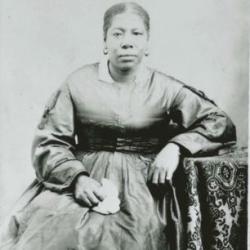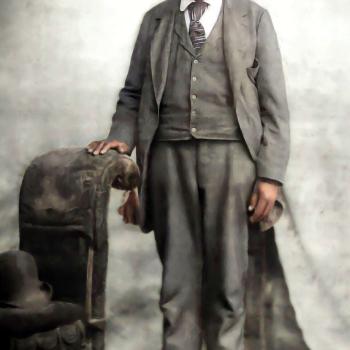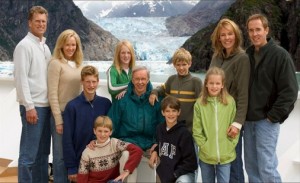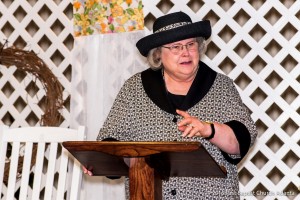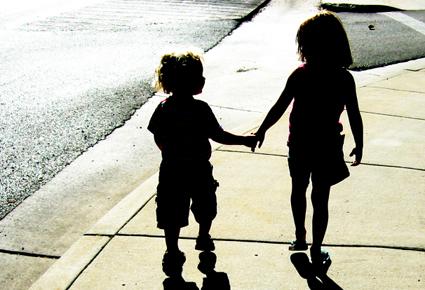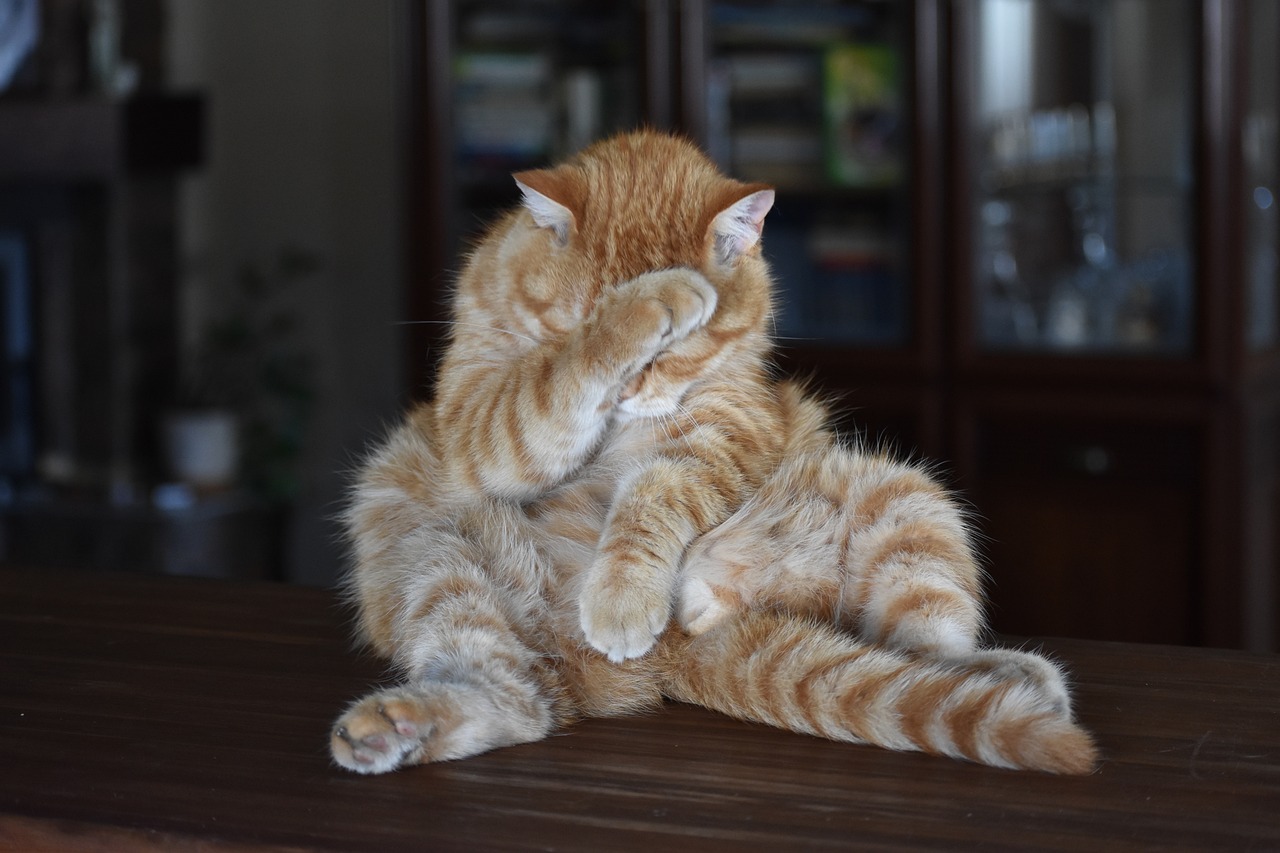Roy Costner IV, valedictorian of South Carolina’s Liberty High School, defied his school district’s ban on prayer and inserted the Lord’s Prayer into his graduation address to much applause from the audience. I asked him about the details behind his decision, how he is handling critics, and his future plans.
When eighteen-year-old Roy Costner IV of Liberty, South Carolina first heard about the controversy over prayer at public school events in Pickens County several months ago, he was perplexed and felt compelled to get involved. But he never expected that it would be his valedictorian speech that would draw national attention to this small town battle. In fact, he didn’t even expect to be valedictorian of his graduating class.
“I am a strong Christian, and when I heard about our local school board getting attacked by the ACLU and Freedom From Religion Foundation, I realized it was outside groups pressuring our local officials,” he told me in an exclusive interview. “The complaints came from a Wisconsin organization and the ACLU also tried to make things difficult, even though this was not a local problem and no one from our county had complained about public prayer.”
Costner and his friends run a local news website – libertyspeaks.net – and they followed the school district’s proceedings closely. “We stay involved in our community, so we all went to the school board meeting when they were deciding on public prayer and we packed it out,” he recalls. “It was so crowded that you couldn’t move inside, and there was a huge circle of people outside, too. It seemed like everyone in attendance supported prayer in schools, but the school board voted against prayer 3-2 even though not all the members were present for the vote.”
The initial complaints from the Freedom From Religion Foundation only demanded that the school board stop prayers and invocations prior to their meetings, but Costner says that some board members were intimated and reacted by instituted sweeping restrictions. “The school district got so scared and blew things out of proportion that they took prayer out of everything,” he lamented. “They did not allow teachers or faculty or staff to participate in the annual ‘See You At The Pole’ initiative, and they banned prayer and all religious references from athletic events and anything school-related. They took away a lot of rights relating to prayer and free speech.”
In addition to ending invocations at all school functions, school officials also decided to replace prayer at high school graduations with a “moment of silence.”
Fast forward several months later to Saturday, June 1, Liberty High School’s graduation day at Clemson’s Littlejohn Coliseum. Roy Costner was the valedictorian of Liberty High School’s Class of 2013. He was given strict guidelines for his speech and specifically warned to refrain from any prayers or religious references in his remarks. School officials required him to submit the text of his speech for approval prior to graduation, and Costner turned in a draft with no religious content. But when the moment came for him to deliver his speech, Costner confidently approached the podium, took his approved speech out of the school notebook, and ripped it in half for all to see.
“I first want to say that I turned in my speech to Ms. Gwinn [the principal] which she somehow seemed to approve, so obviously I didn’t do my job well enough. So we’re going to get rid of that and use a different one,” he began.
“Those that we look up to, they have helped carve and mold us into the young adults that we are today. I’m so glad that both of my parents led me to the Lord at a young age,” he continued.
And I think most of you will understand when I say…” he said, pausing briefly and stunning the crowd of several thousand with the words he spoke next. “Our Father, who art in heaven, hallowed be thy Name, thy kingdom come, thy will be done, on earth as it is in heaven. Give us this day our daily bread. And forgive us our trespasses, as we forgive those who trespass against us. And lead us not into temptation, but deliver us from evil. For thine is the kingdom, and the power, and the glory, for ever and ever. Amen.”
Just a few words into his recitation of the Lord’s Prayer, massive applause and cheering erupted from the audience, so loud in fact that Costner had to raise his voice to be heard.
“Well that was encouraging and emotional,” he thought to himself as he walked off stage, assuming that this chapter of his life had closed. But he had no idea of the repercussions of his actions. It hasn’t even been a week since the event, and videos of his graduation speech have gone viral with one clip at over 540,000 views on YouTube so far.
“I’ve been so surprised that my story has made national and even international news,” Costner told me. “It’s drawing attention to the issue of prayer at school events, and I’m really encouraged to hear that the coverage might possibly cause the school board to reverse their anti-prayer policy.”
Costner had been introduced at graduation by Liberty High School Principal Lori Gwinn as “A student near and dear to me and to us for four years.” Gwinn described Costner by saying, “He greets everyone with a positive attitude and always has a smile on his face. He has a passion and an intensity that not many see fully; he has a vision too, and I eagerly anticipate what he will do with that for his future. He dreams big, encourages others, and creates his own path.”
On Wednesday, I asked Roy Costner IV five questions about why he decided to defy school rules and pray at graduation, how he is responding to critics, and what he plans to do in the future.
Malhotra: When did you first decide that you were going to defy the school board’s rule and pray as part of your valedictorian speech?
Costner: Everything happened very recently. I didn’t think I would be valedictorian at all. For a long time I had been in line for salutatorian. I didn’t realize it, but I had taken an extra class that bumped me up by a fraction of a point and put me over the top to be valedictorian, so it was a surprised when I was informed of the honor.
I’m a procrastinator, so I waited to start writing my speech until just two weeks before the graduation ceremony. As I drafted my address, I felt led to include a prayer in it. I spoke to several pastors and different people in our community to seek their advice and counsel, because I wanted to be sure I was doing 100 percent of this for God and not for myself. After two or three days of praying about it, I felt that God was leading me to have prayer in the speech.
The school board had told me prior to the speech that I was not allowed to have any type of religious references and that the text would have to preapproved by the board before the ceremony. So I turned in the exact same speech I was planning to deliver, except that I included God in the one I actually gave. All the approved speeches were put in a binder on the podium, so I snuck my speech in the sleeve of my shirt under my robe and took it out when I got to the microphone. I told everyone that our principal had approved my speech and we wouldn’t be able to use that one, so I ripped it out of the binder and brought out the other one.
Malhotra: How do you respond to critics who say that you were disrespectful to authority or even deceptive by tearing up your approved speech?
Costner: Let me first say that every person, regardless of their religious affiliation – whether they are Christian, Jewish, Muslim, Atheist, or any other belief – should be allowed to say what they want because of the First Amendment. I felt that my free speech was being encroached upon, because I wasn’t allowed to say what I wanted to say or acknowledge who I wanted to acknowledge.
Before my senior year in high school, I never had any encounters with censorship or religious freedom tensions. This only began this past school year with prayer being taken out of school completely.
Also – and I don’t say this arrogantly at all – I believe I had earned that time to say what I wanted to say to my senior class. I worked hard in school, and part of the honor of being valedictorian is the opportunity to address your class on graduation. A lot of people seem to think that the 51-second clip of The Lord’s Prayer was my entire speech, but my speech was actually about nine minutes total. The rest of my speech focused on my graduating class and our shared experiences at the school. I did my best to recognize my classmates and thank others throughout the speech, and tried to keep the audience entertained.
Malhotra: What has the reaction been like? Has anything about the feedback surprised you?
Costner: The reaction has been tremendous and I am blown away by all the support – from my family, from Fellowship Community Church and others I know in our Liberty community, and from people I’ve never met across the country. The responses have been overwhelmingly positive and I’m very encouraged to see others supporting prayer.
I have received some personal messages that are negative and there are lots of critical comments online, but many people just don’t understand exactly what I did or why I did it.
I’m also surprised by all the media coverage and interest in this story. I had no idea that things would blow up like this, so after graduation I left to spend a week at the beach with my family. Now I’m doing all these interviews and getting requests to be on national radio programs, it’s pretty crazy.
Malhotra: Where do you feel God is calling you for your future college and career plans?
Costner: I am going to Clemson University this Fall to study Computer Science. Other than that, I’m not really sure what’s next and I’m still seeking direction for the future.
I’ve already been contacted by fellow Christians at Clemson who watched the video of my speech, and that’s been encouraging. I’m just honored and humbled that God chose to use me in that moment, and I hope he uses me as a witness at Clemson.
Malhotra: Anything else you would like to say to our readers, or any misconceptions you want to clarify?
Costner: I want to emphasize that everyone should be free to say what they want. Just because I prayed to my God doesn’t mean that someone else isn’t allowed to pray to who they want or say what they believe. We should all have free speech. In my case, God is such an important part of my life, and I strongly believe that if we take the freedom to pray and refer to Him out of school and related events, it will have very negative consequences.
Some people keep saying that I did this for self-promotion or that I’m using it for self-gain, but I never expected it to get this big. Our little town of Liberty, South Carolina has a total of 3,000 people and three red lights. I didn’t expect anything to take off, which is why I came to the beach with my parents right after graduation. I never thought people around the country and the world would be talking about it.
Finally, I wanted to make sure my heart was right before I delivered my speech at graduation, and I spent a long time praying about everything and seeking counsel from people I respect. I felt strongly led to acknowledge God in my speech, and I believe the prayer honored Him and He is using it for greater purposes now. I am grateful for everyone who has supported me, and I hope others will choose to take a stand too!
A version of this article first appeared in The Christian Post.



